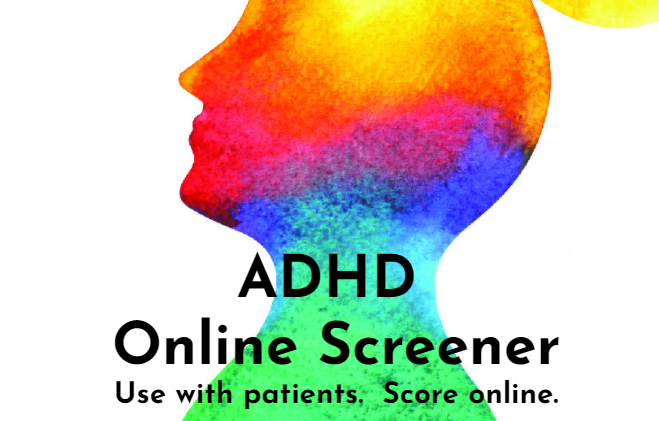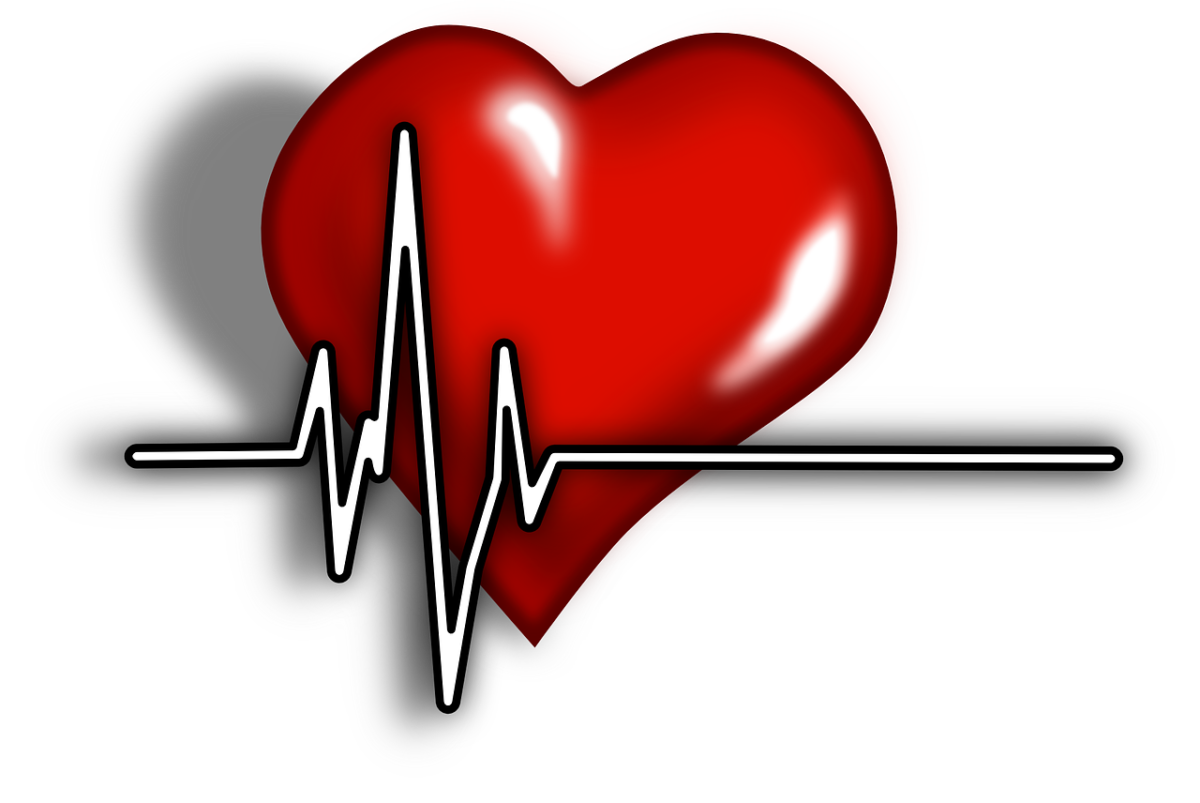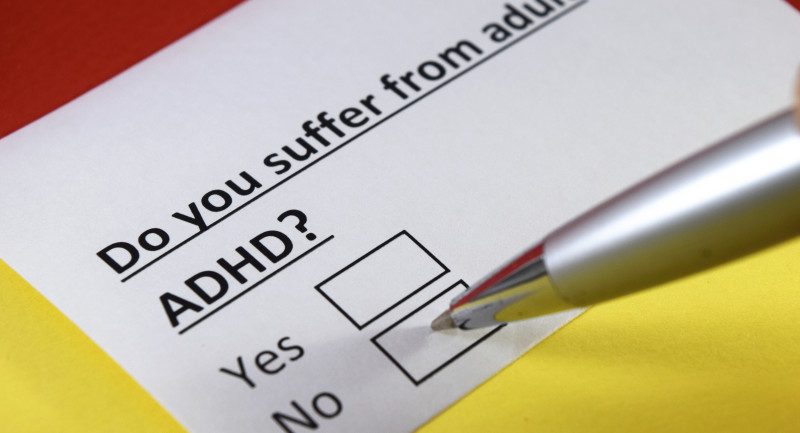Quality Measures for Diagnosis, Treatment and Monitoring Follow-up of Adult ADHD
ADHD CME
Quality Measures for Adult ADHD –
Diagnosis, Treatment and Monitoring Outcomes
Overview
In this webcast, Dr. Adler discusses Quality Measures for Diagnosis, Treatment and Monitoring Follow-up of Adult ADHD.
This webcast was recorded live and is being used with the permission of the presenter.
At the conclusion of this CME Activity, primary healthcare professionals will be able to:
- Describe the goals of Quality Measures
- Participate in ongoing field tests of Quality Measures for ADHD upon request
- Describe how Quality Measures are designed as measures
- Begin implementing Quality Measures in their own practices as desired
Presented by
Lenard A. Adler, MD
Professor of Psychiatry and
Child and Adolescent Psychiatry
NYU School of Medicine
New York, New York
Course Runs: Sept 1, 2020 – Sept 1, 2021
















